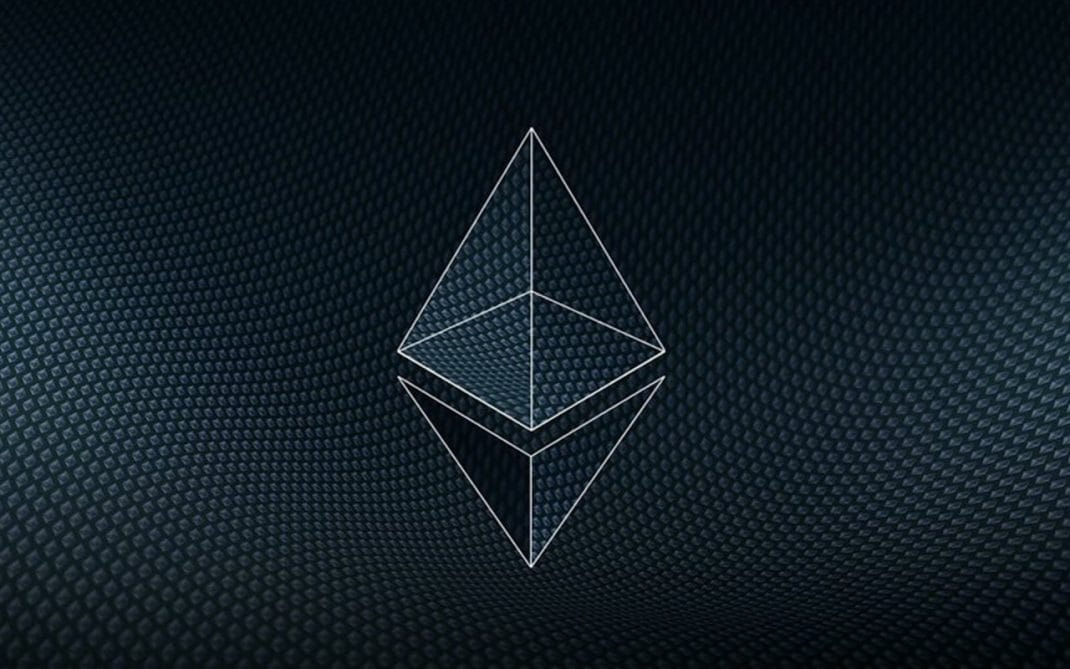Decentralized finance, or DeFi, is an emerging concept that seeks to bring traditional financial services to a decentralized and trustless environment using blockchain technology. In this article, we’ll explore what DeFi is, how it works, and the potential benefits it can bring to the financial industry.

Contents
What is DeFi?
DeFi refers to a financial system built on a decentralized, blockchain-based infrastructure that allows individuals to access financial services without relying on intermediaries such as banks or other financial institutions. The DeFi ecosystem is comprised of a variety of financial applications, protocols, and platforms that offer various financial services, including lending, borrowing, trading, and insurance.
How Does DeFi Work?
DeFi works by using smart contracts, which are self-executing agreements written in code that automatically enforce the rules and conditions of the agreement. These smart contracts are deployed on a decentralized blockchain, which provides a transparent and secure ledger of all transactions.
– Oasis Network (ROSE) Analysis: Understanding the Revolutionary Blockchain Network
One of the most popular DeFi platforms is Ethereum, which allows developers to build and deploy decentralized applications (DApps) using smart contracts. These DApps can be used to create a variety of financial products and services, including decentralized exchanges (DEXs), lending and borrowing platforms, and insurance protocols.
The DeFi ecosystem also includes stablecoins, which are cryptocurrencies that are pegged to a stable asset such as the US dollar. Stablecoins provide a stable store of value and can be used to facilitate transactions within the DeFi ecosystem without the volatility typically associated with other cryptocurrencies.
What are the Potential Benefits of DeFi?
One of the main benefits of DeFi is its potential to increase financial inclusion by providing access to financial services for individuals who may not have access to traditional banking services. DeFi platforms can also offer more transparency and security than traditional financial services, as all transactions are recorded on a public blockchain that is auditable by anyone.
DeFi also has the potential to reduce the cost of financial services by removing intermediaries and automating processes, which can result in lower fees and faster transaction times. Additionally, the use of smart contracts can help eliminate the need for manual processes and paperwork, reducing the risk of errors and fraud.
The Top DeFi Cryptocurrencies:
Decentralized finance (DeFi) has emerged as a major trend in the cryptocurrency world, providing a range of decentralized financial services that can be accessed by anyone with an internet connection. Many of these DeFi platforms are powered by blockchain technology and offer a range of financial services including lending, borrowing, trading, and asset management.
Here are some of the top DeFi cryptocurrencies in no particular order:
Ethereum (ETH)
Ethereum is the second-largest cryptocurrency by market capitalization and is the backbone of the DeFi ecosystem. Ethereum has enabled the creation of many DeFi applications, including decentralized exchanges, lending protocols, and stablecoins. The majority of DeFi protocols are built on the Ethereum blockchain.

Uniswap (UNI)
Uniswap is a decentralized exchange that allows users to trade cryptocurrencies without an intermediary. Uniswap uses an automated market maker (AMM) system to determine the price of assets based on supply and demand. UNI is the native token of the Uniswap platform and is used for governance and liquidity provision.
Aave (AAVE)
Aave is a decentralized lending platform that allows users to borrow and lend cryptocurrency without intermediaries. AAVE is the native token of the Aave platform and is used for governance and as a discount on platform fees.
Compound (COMP)
Compound is a decentralized lending platform that allows users to lend and borrow cryptocurrencies. COMP is the native token of the Compound platform and is used for governance and as a reward for platform usage.
Maker (MKR)
Maker is a decentralized platform that allows users to create and manage stablecoins. The stablecoins are backed by a collateral of various cryptocurrencies. MKR is the native token of the Maker platform and is used for governance and as a backstop for the stability of the stablecoin.
Chainlink (LINK)
Chainlink is a decentralized oracle platform that provides real-world data to blockchain applications. Chainlink’s decentralized oracle network allows smart contracts to securely access off-chain data. LINK is the native token of the Chainlink platform and is used for node operator rewards and as a deposit for creating data feeds.
Synthetix (SNX)
Synthetix is a decentralized platform that allows users to trade synthetic assets that track the value of real-world assets. SNX is the native token of the Synthetix platform and is used for governance and as a reward for platform usage.
These are just a few of the many DeFi cryptocurrencies available today. As the DeFi ecosystem continues to grow and evolve, we can expect to see more innovative DeFi platforms and tokens emerge.
– Understanding the Binance Bluebird Index and Its Connection to Elon Musk and Twitter
Conclusion
DeFi is an exciting development in the financial industry that has the potential to democratize finance and provide access to financial services for a wider range of individuals. By leveraging blockchain technology and smart contracts, decentralized finance can offer more transparency, security, and efficiency than traditional financial services. While DeFi is still in its early stages, it has already shown tremendous growth and potential, and it will be interesting to see how it continues to develop in the coming years.




